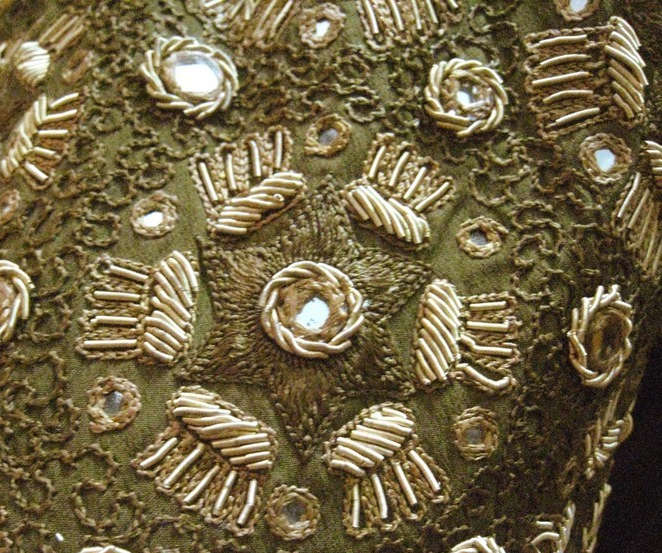===
0109,
3
===

|
=== |
 |
;Gurbat : 'Travelling (to foreign countries), going abroad; emigration; —being far from (one's) home or native country; the state or condition of a stranger, or foreigner, or exile; wretchedness, misery; humility, lowliness'. (Platts p.770)
FWP:
SETS == MAGAR
MOTIFS == HOME; SUN
NAMES
TERMS == IMPLICATIONThat tense shift really does a lot of work in the verse. In the first line, the burning of the corpses could easily have been located in the past habitual through jaltii thii;N ('the corpses used to burn; but/perhaps there was no shade') in a way that would have made for a much more straightforward reading. Instead, Mir chose to shift the tense. The tense shift forces us to realize that the two lines, located in two different times (and spaces?), offer a more complex perspective on the lovers' fate. Compare the similarly complexity-enhancing tense shift in
{109,8}.
As SRF points out, the present verse really is a bleak and haunting one, a kind of limit case of sacrifice and stripped-down-ness. That first line-- the corpses are simply there, they simply 'burn' in the sun. There's no indication that they complain, or repine, or have any feelings whatsoever. Their expression of feelings has ended with their lives-- and has been perfectly captured in the neglected, discarded corpses 'burning' in the open glare of the sun.
SRF wants magar to mean 'perhaps', and of course that's a very satisfactory reading. However, 'but' has its own fascination: 'The lovers dropped dead and left their corpses right out there 'burning' in the sun, but there was no shade in your street, so (by implication) what else could they have done?'.
The speaker seems to be (at least mentally) addressing the beloved. But is his tone reproachful, meditative, compassionate, wry? As so often, that too is left up to us to decide.
Compare Ghalib's more personal vision of the neglectedness of the lover's corpse after death:
G{7,7}.